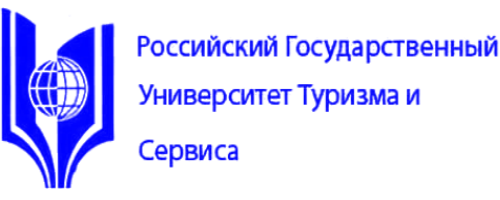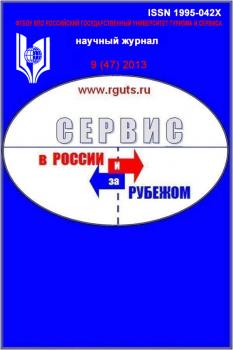The article is devoted to the value and role of project method in teaching a foreign language in non-language higher educational institutions specializing in tourism and services. Particular attention is paid to the fact that the method of educational projects with a professional orientation is necessitated by the new social order - to turn a foreign language from a passive object into an active action. It’s also noteworthy that foreign language becomes necessary for professional growth and is an indispensable condition for Russia´s participation in the Bologna process, so at the present stage the basic direction in teaching foreign languages is based on using the competency approach. The author, like many others, relates the method of projects to gaming methods, and results obtained in the course of collective action, and the final product are developed collectively and publicly defended. The article notes that it is important to teach students to think and apply their theoretical knowledge in practice. Students are happy to participate in collaborative business discussions, role-playing games and in various projects, which are determined by the types of communicative tasks. The author seeks to trace the history of occurrence of the method of projects and its application in the practice of teaching foreign languages. Particular attention is paid to the stages of the project, and the article provides instructional techniques of work in the development of communicative skills. The article traces the activities of the teacher and students at various stages of the project with the help of the table, which shows that each student must present their work and be responsible for its implementation. Based on the analysis of joint activity it is established that there is an interaction of students with each other and the teacher who becomes an equal partner and consultant. The author concludes that, in contrast to traditional approaches, the use of active methods leads to the development of communicative competence and aims to create a sustainable motivation to learn a foreign language.
competence approach, motivation, dive into the project, the implementation of activities, presentation
1. Verbitskiy, A.A. Aktivnoe obuchenie v vysshey shkole: kontekstnyy podkhod. - M., 2011.
2. Elizarova, T.V. Kul´tura i obuchenie inostrannym yazykam. - SPb.: izd-vo «Soyuz», 2010.
3. Polat, E.S. Metod proektov na urokakh inostrannogo yazyka. Inostrannye yazyki v shkole. - 2000. - № 2, 3.
4. Polat, E.S. Novye pedagogicheskie i informatsionnye tekhnologii v sisteme obrazovaniya. - M., 2000.
5. Sosnovskiy, B.A. Psikhologiya: uchebnik dlya pedagogicheskikh vuzov. - M., 2012.
6. Ter-Minasova S.G. Yazyk i mezhkul´turnaya kommunikatsiya. - M., 2010.





